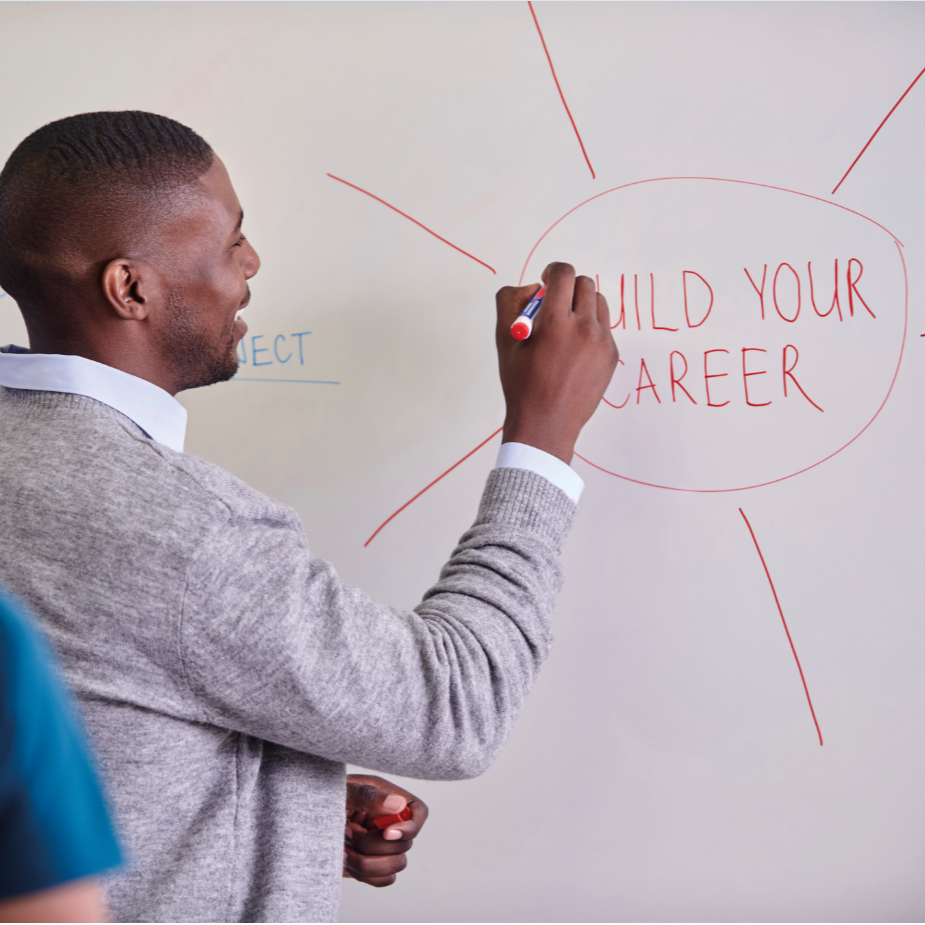
Critical thinking is a fundamental cognitive skill that is highly valued today. It can be defined as the process of analysing, evaluating, and making decisions based on evidence and reasoning. It involves considering multiple perspectives and examining the underlying assumptions of an argument or situation. Critical thinking is essential for success in both personal and professional life.
It allows individuals to make informed decisions based on evidence rather than opinions or emotions. It’s a skill that enables us to understand complex issues, solve problems effectively and communicate clearly and persuasively. It also helps our creativity and innovation by encouraging us to explore new and unexpected ideas and consider alternative perspectives.
Types of critical thinking include:
- Analytical thinking: This involves breaking down complex problems into smaller, more manageable parts to understand their underlying structure.
- Reflective thinking: This involves examining one's own thoughts and actions to identify areas for improvement.
Importance of critical thinking in daily life
Critical thinking is key to unlocking solutions to problems in our daily lives. From analysing news articles to determining the fastest and safest way to reach a particular destination, critical thinking helps us make better decisions, avoid mistakes, and achieve success. A good example is using critical thinking to decide if a new job offer is a good fit. You need to evaluate the company culture, the job responsibilities, and the salary package. This is where critical thinking comes in - you can analyse the information provided, research the company's reputation, and weigh the pros and cons to make an informed decision about whether to accept the offer.
Critical thinking versus creative thinking
While the terms “critical” thinking and “creative” thinking may be used interchangeably, they are two very distinct types of thinking. Critical thinking involves analysing and evaluating information to make informed decisions and solve problems. It requires individuals to be logical, rational, and objective. Creative thinking on the other hand, involves generating new ideas and perspectives to solve problems. It requires individuals to be imaginative, innovative, and open-minded. Both critical and creative thinking are important skills to have and utilise to reach the best solution.
Benefits of critical thinking
The benefits of developing critical thinking skills are:
- Better decision-making abilities. Critical thinking skills enable us to evaluate different options, consider multiple perspectives, and choose the best course of action based on evidence and reasoning.
- Improving problem-solving skills by breaking down complex problems into smaller, more manageable parts and allowing us to identify the underlying cause of a problem, evaluate potential solutions, and choose the best course of action based on evidence and reasoning.
- Enhancing creativity and innovation by encouraging new ideas and perspectives to solve problems.
- Better, clear and more persuasive communication to articulate thoughts and ideas effectively, to evaluate different perspectives, and to respond effectively to the arguments and ideas of others.
Critical thinking exercises for adults
Developing critical thinking skills involves understanding its components, such as reasoning, evaluation, and analysis, and practicing these skills through critical thinking exercises. The benefits include:
- Improving decision-making abilities by evaluating different options, considering multiple perspectives, and choosing the best course of action based on evidence and reasoning.
- Enhancing problem-solving skills by learning to break down complex problems into smaller, more manageable parts, identifying the underlying causes of a problem, evaluating potential solutions, and choosing the best course of action based on evidence and reasoning.
- Increasing your creativity and innovation by encouraging outside the box thinking and generating new ideas and perspectives to solve problems.
There are several types of critical thinking exercises for adults. Here are a few examples:
- Analysing arguments - This exercise involves identifying strengths and weaknesses. It requires individuals to consider the evidence presented, evaluate the reasoning used, and identify any logical fallacies or biases.
- Brainstorming - This exercise involves generating as many ideas as possible in a short space of time. It requires individuals to be creative, open-minded, and willing to consider unconventional ideas.
- Problem-solving - This exercise involves identifying a problem and working through it to arrive at a solution. It requires individuals to break down the problem into smaller, more manageable parts, evaluate potential solutions, and choose the best course of action based on evidence and reasoning.
- Evaluating sources - This exercise involves evaluating the reliability and credibility of different sources of information. It requires individuals to consider the author's credentials, the quality of the evidence presented, and any biases or agendas that may be present.
Critical thinking is an essential skill that is highly valued today. It is essential for personal and business success by helping us make informed decisions, solve complex problems, and communicate clearly. By understanding the differences between critical and creative thinking, practicing critical thinking exercises, and applying them to decision making, individuals can develop their critical thinking skills and achieve success. It also at the core of teaching and learning at The IIE’s Varsity College. By the time you graduate, you will be well equipped to enter the working world having acquired this and many other skills that employers look for in employees.
The Independent Institute of Education (The IIE) is South Africa’s largest registered and accredited private provider of higher education. At Varsity College, an educational brand of The IIE, we understand that no two students are the same or learn the same. That’s why we make sure a student’s education is shaped around them; how they like to learn, what they are passionate about, what makes them tick, and what makes them thrive. Our Education by Design approach allows students to grow into their best, and creates a space where they can live, learn and play – their way.